Battle brews over drill rap in NYC after killings of 2 rappers
The killings have sparked a debate about the genre.
New York City Mayor Eric Adams is raising the alarm over violent content in drill rap, a controversial and popular subgenre of hip-hop, and wants social media companies to restrict artists from sharing their music on those platforms.
Adams admitted that he “had no idea what drill rapping was” until his son Jordan Coleman, who works at Jay-Z's Roc-Nation, sent him some videos.
“We are going to pull together the social media companies and sit down with them and state that you have a civic and corporate responsibility,” Adams told reporters last week. “You know, I mean, we pulled Trump off Twitter because of what he was spewing, yet we are allowing music -- displaying of guns, violence -- we're allowing it to stay on these sites.”
It is unclear which videos Adams has viewed and his office did not provide more details when asked if he has any meetings set up with leaders of social media companies to discuss the topic.
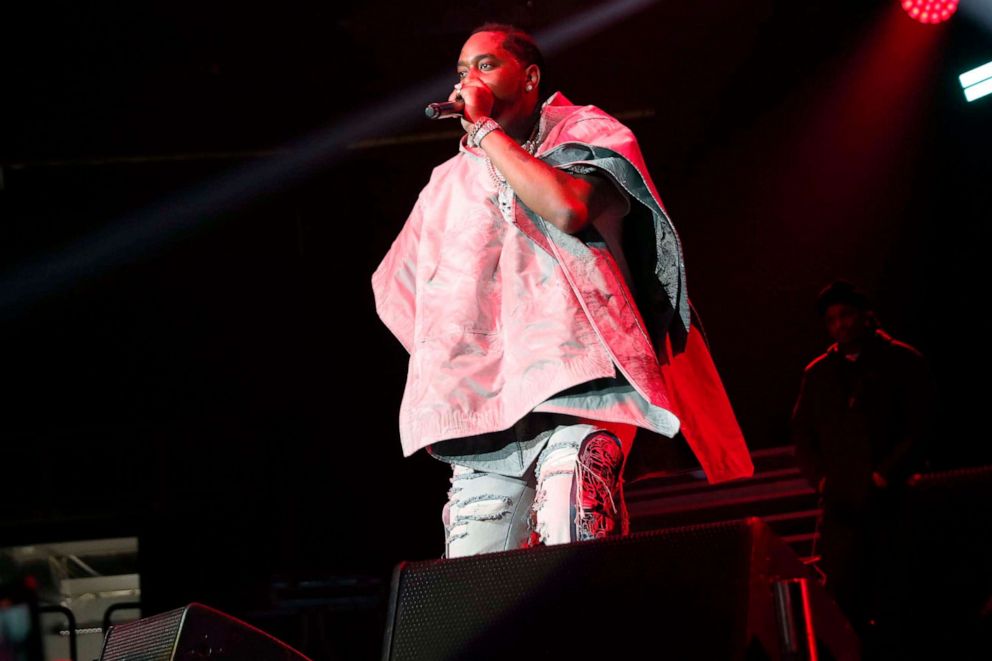
Fivio Foreign, one of the most popular NYC drill rappers, responded to the mayor’s comments by offering to meet with Adams, urging him to “fight with us not against us.”
“I luv this city, all we tryna do is be positive inspirations for communities & families. This is tha sound of New York. We just tryna show tha world how far we can take it. Don’t stop tha video from dropping,” Fivio Foreign wrote in a series of tweets.
He added, “I would luv to come 2gether & work on some type of common ground but it’s deff not the music that’s cause’n or contribute’n to the violence.”
Adams’ comments come after the shooting deaths of two young aspiring drill rappers in Brooklyn earlier this month.
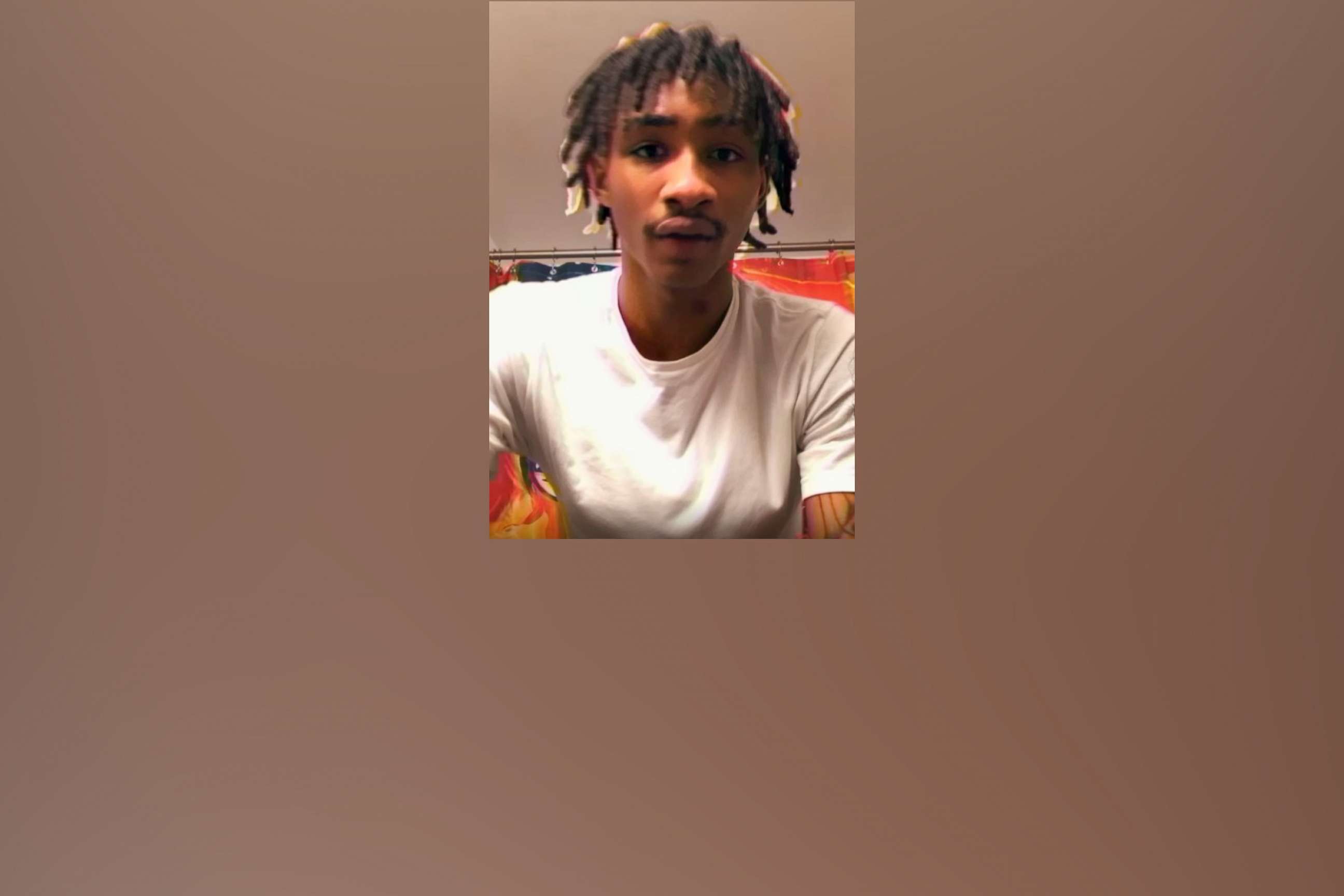
Jayquan McKenley, an 18-year-old rapper from the Bronx known as CHII WVTTZ, was shot and killed on Feb. 6. Tahjay Dobson, who is known as rapper Tdott Woo, was shot and killed on Feb. 1. He was 22.
So far no arrests have been made in either case, according to police. It is unclear if the shootings were related to their involvement in drill music.
After Adams shared McKenley's story during a press conference last week, their deaths sparked a new debate about drill, which has generated controversy since it started in Chicago about a decade ago.
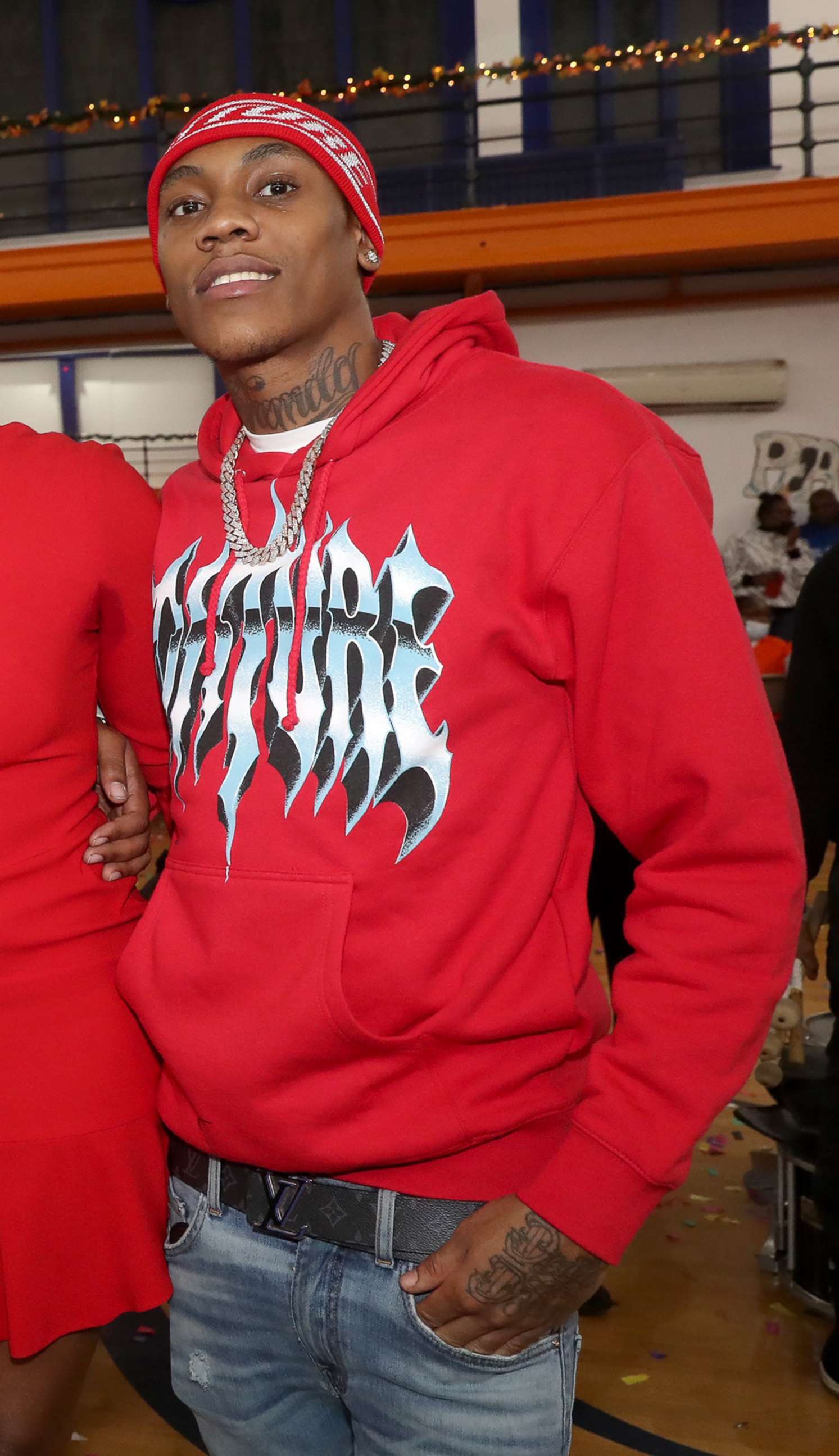
Jabari Evans, a professor of race and media who studies subgenres of urban youth at the University of South Carolina, told ABC News that “there is real violence attached to drill” due to its origins in Chicago gang culture, but the music was shaped by longstanding systemic injustices.
“We hear moral panic when any new counterculture emerges in our country, particularly in urban areas,” Evans said, adding that banning drill music won’t solve the problem because there will always be new evolutions of self-expression in hip-hop culture.
“I think we need to do a better job of fixing systematic discrimination and structural racism in certain low income communities,” he argued.
Erik Nielson, the co-author of “Rap on Trial: Race, Lyrics, and Guilt in America,” told ABC News that Adams’ comments suggesting that tech companies ban drill rap are the latest chapter in a long history of police and politicians working to “vilify” and “scapegoat” rappers for issues that stem from systemic inequality.
“It is incredibly odd to blame the victims of gun violence for the gun violence,” he said.
Many drill rappers who live in communities with a high level of violence have been killed over the years.
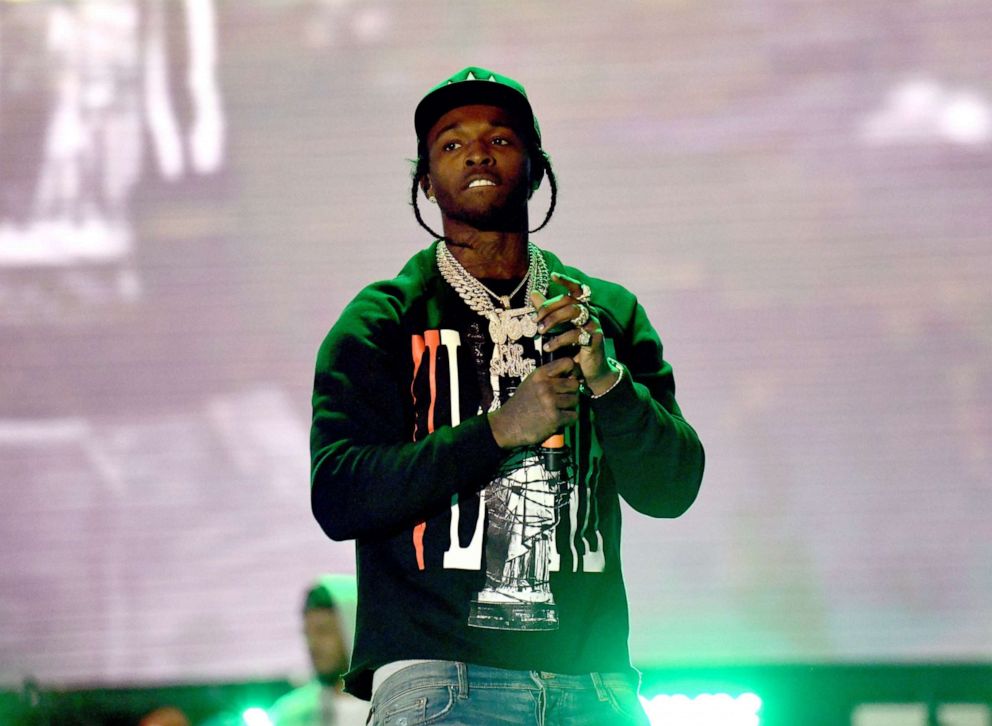
Evans pointed to the killings of a large number of Chicago drill artists, including King Von, FBG Duck, Lil Mister, OTF Nunu and Lil JoJo, who was killed after taunting a rival gang member in a video. And in 2020 New York City lost its biggest drill star Pop Smoke, who is credited with making Brooklyn drill mainstream.
While there are instances where drill music has “inflamed” existing tensions, Nielson said, the more productive question to ask is, "Why were those tensions there, and what are we all doing about it?"
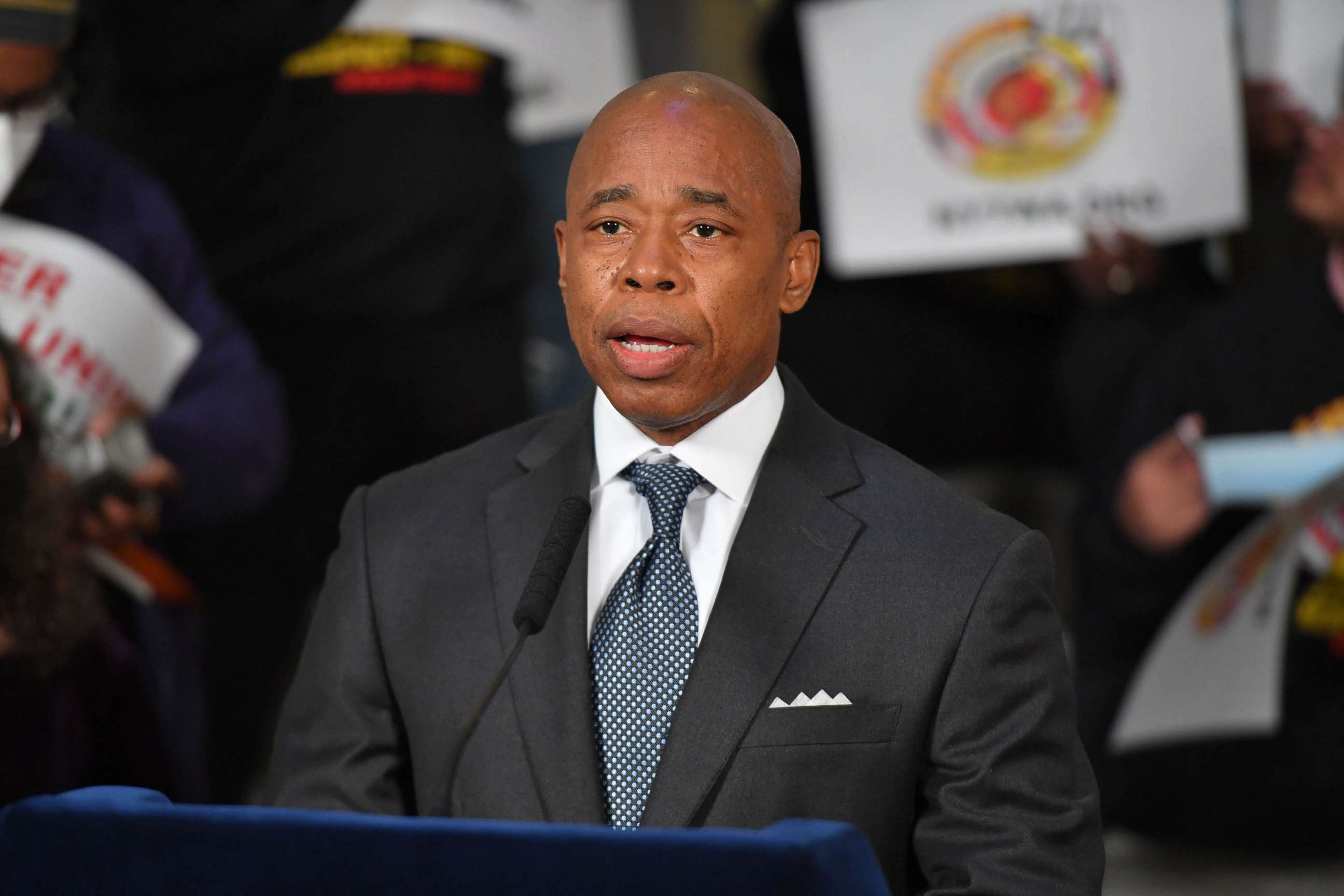
Adams told reporters on Friday that he plans to meet with "some very top known rappers" to form a coalition of hip-hop artists dedicated to tackling the problem.
"We're going to sit down and really bring in the rappers and show how this is impacting and is causing loss of lives of young people like them," Adams said.
ABC News' Aaron Katersky contributed to this report.




